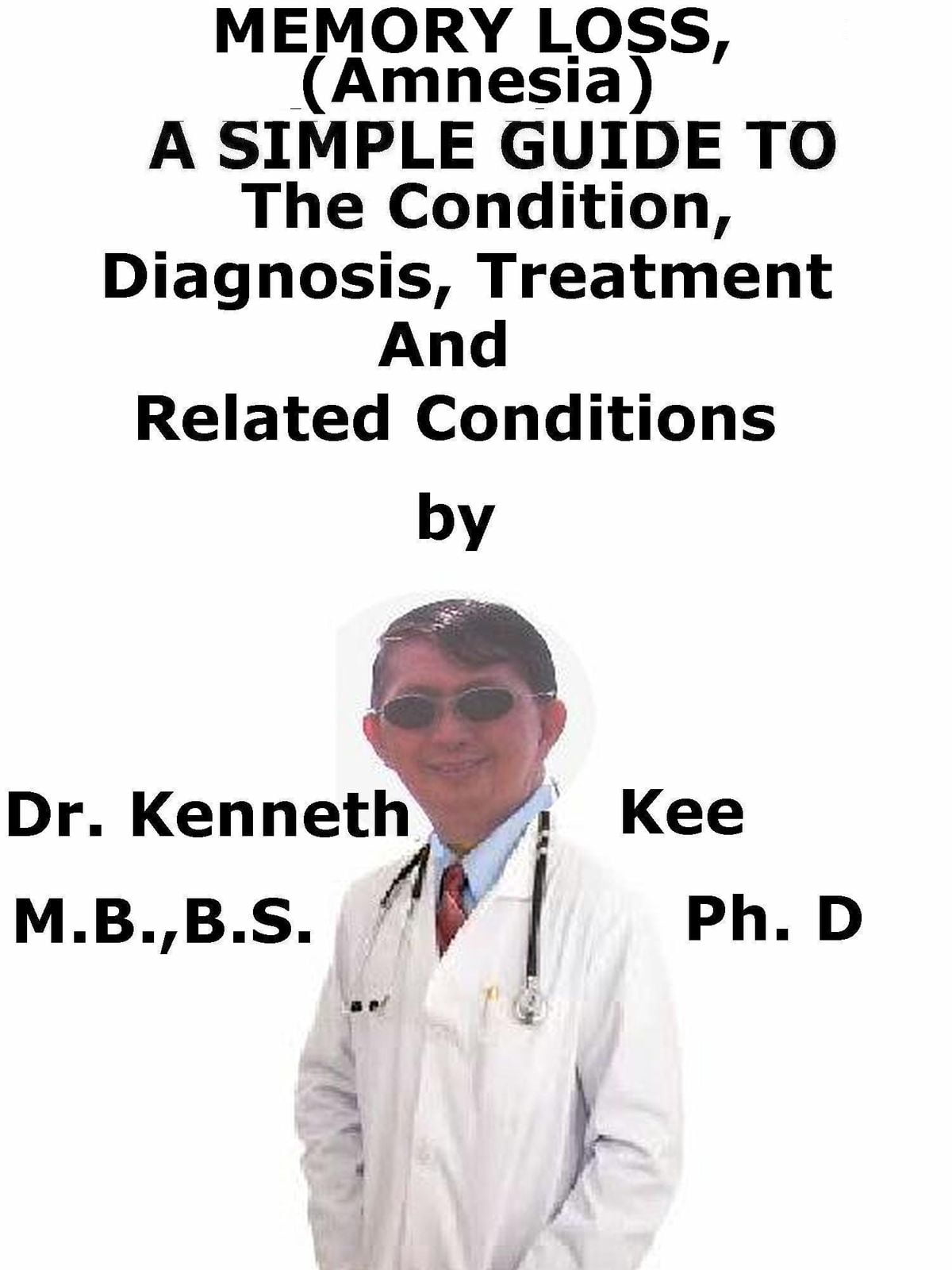

Although the underlying mechanisms remain to be elucidated, it is suggested that these side-effects may be temporary. These may consist of decreased functioning in both anterograde and retrograde memory, as well as postictal disorientation and impairments in processing speed, verbal fluency, attention and executive functioning.

However, despite multiple technical adjustments over the decades, neurocognitive side-effects still regularly occur. ECT is also effective when previous pharmacotherapy has failed and is relatively well tolerated. EB, AMK, AvtH, and WvdB declare that they have no conflict of interest.Įlectroconvulsive therapy (ECT) is considered an effective treatment for major depression with melancholic features (MDm), especially in psychotic depression. This does not alter our adherence to PLOS ONE policies on sharing data and materials. The corresponding author may be contacted for such requests at The authors received no specific funding for this work.Ĭompeting interests: TKB has received speakers fees from Lundbeck BV and Servier, and an unconditional grant from Lundbeck BV. We do confirm that our anonymised data will be available upon request to interested researchers. When publicly publishing our data, we risk personal identification of our study subjects this is considered unethical by our medical ethical committee, and would be in breach with Dutch privacy legislation. This is an open access article distributed under the terms of the Creative Commons Attribution License, which permits unrestricted use, distribution, and reproduction in any medium, provided the original author and source are credited.ĭata Availability: Our study was conducted in the Netherlands: the yearly number of patients who receive ECT-treatment in this country is very limited. Received: MaAccepted: OctoPublished: October 21, 2016Ĭopyright: © 2016 Boere et al. PLoS ONE 11(10):Įditor: Klaus Ebmeier, University of Oxford, UNITED KINGDOM However, if these findings can be reproduced in a more comprehensive study group, then the possible induction of anterograde amnesia is not a justifiable reason for clinicians to disregard ECT as a treatment option.Ĭitation: Boere E, Kamperman AM, van 't Hoog AE, van den Broek WW, Birkenhäger TK (2016) Anterograde Amnesia during Electroconvulsive Therapy: A Prospective Pilot-Study in Patients with Major Depressive Disorder. The main limitations of our study are its naturalistic design, possibly compromising internal validity, and its small sample size. Age was identified as a very important covariate.

Four weeks after treatment discontinuation, these memory functions had recovered. Findings on immediate recall were less consistent. In patients with major depressive disorder, ECT had a significant effect on delayed memory function (p<0.01 with large effect sizes). Correlations with hypothesized covariates were calculated. Differences were tested using repeated measures ANOVA and paired t-tests. Primary outcome measure was immediate recall secondary outcome measures were delayed recall, recognition, and visual association. Controls treated with antidepressants (n = 9) were matched for age, gender and depression severity. Recruitment took place between March 2010-March 2011 and March 2012-March 2013. Subjects met DSM-IV criteria for major depressive disorder. In a prospective naturalistic study, anterograde memory function was assessed among inpatients who underwent ECT (n = 11). The present study aims to evaluate the severity and course of anterograde amnesia in severely depressed patients undergoing ECT. However, neurocognitive side-effects such as anterograde amnesia still regularly occur. Electroconvulsive therapy (ECT) is considered an effective treatment for major depression with melancholic features.


 0 kommentar(er)
0 kommentar(er)
